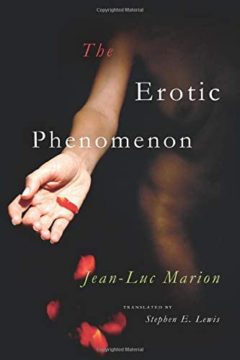Kenneth L. Woodward and Jean-Luc Marion at Commonweal:
 KW: Many philosophers have said that a certain attitude is required in order to philosophize. For example, the neo-Thomist Josef Pieper said a philosopher had to have a sense of wonder. Rabbi Abraham Joshua Heschel said “radical amazement” is required. You have said the capacity to be astonished is essential. What do you mean by astonishment?
KW: Many philosophers have said that a certain attitude is required in order to philosophize. For example, the neo-Thomist Josef Pieper said a philosopher had to have a sense of wonder. Rabbi Abraham Joshua Heschel said “radical amazement” is required. You have said the capacity to be astonished is essential. What do you mean by astonishment?
JLM: Good question. If I may be a bit polemical, I would say that the greatest possible failure for a professional philosopher is never to be astonished. And many philosophers are in that situation. They philosophize using a set of concepts or tools that protect them against encountering anything new. They have enough ways to make any question lead to a (pre-determined) answer, or even to disappear. But my experience of philosophy—and it’s why people like Descartes or Heidegger were so important—is that philosophy begins when you have this gift of a question that resists an answer. By “answer,” I mean one that is based on what was known before that question was asked. A new question opens up a new landscape that you cannot walk through unless you get a new pair of shoes.
more here.
